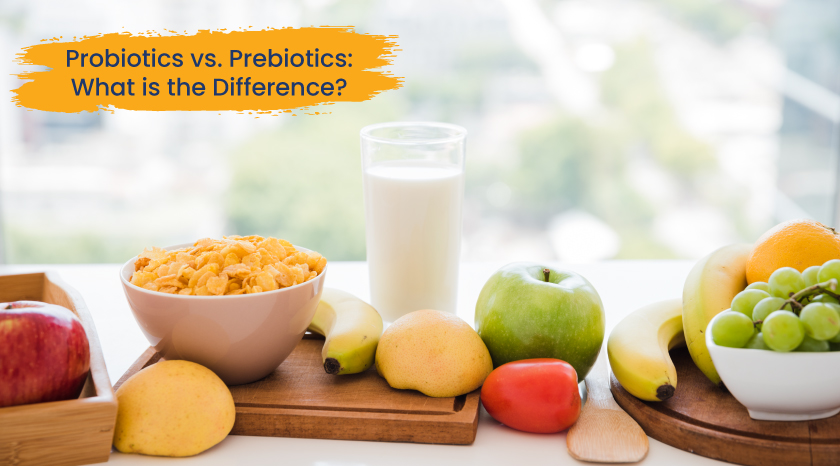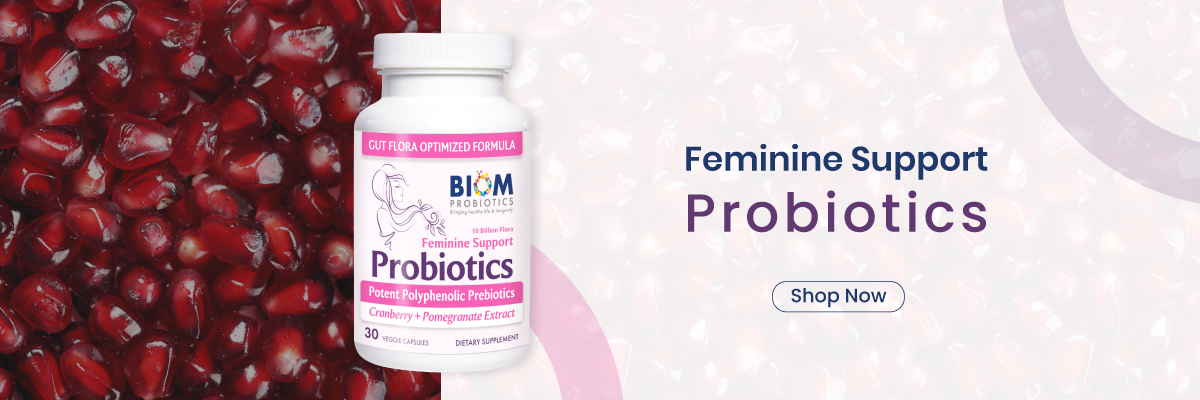Probiotics and prebiotics are two powerful players in the world of gut health, but they serve distinct roles. Probiotics are live microorganisms that provide a myriad of health benefits when consumed in adequate amounts. These beneficial bacteria, commonly found in fermented foods like yogurt and kimchi, contribute to a balanced gut microbiome.
On the other hand, prebiotics are essentially food for these probiotics. These non-digestible fibers, present in foods like garlic, onions, and bananas, pass through the digestive system without being broken down. Once in the colon, they serve as a fuel source for probiotics, promoting their growth and activity.
While probiotics directly add good bacteria to the gut, prebiotics create an environment that supports the growth of these beneficial microorganisms. Together, they form a dynamic duo that plays a crucial role in maintaining digestive health, supporting the immune system, and even influencing mental well-being.
Incorporating a variety of both probiotic and prebiotic-rich foods into your diet can contribute to a thriving gut ecosystem. Whether you choose yogurt for its probiotic content or indulge in bananas for their prebiotic fibers, fostering a harmonious balance between these two elements is key to overall gut health.





